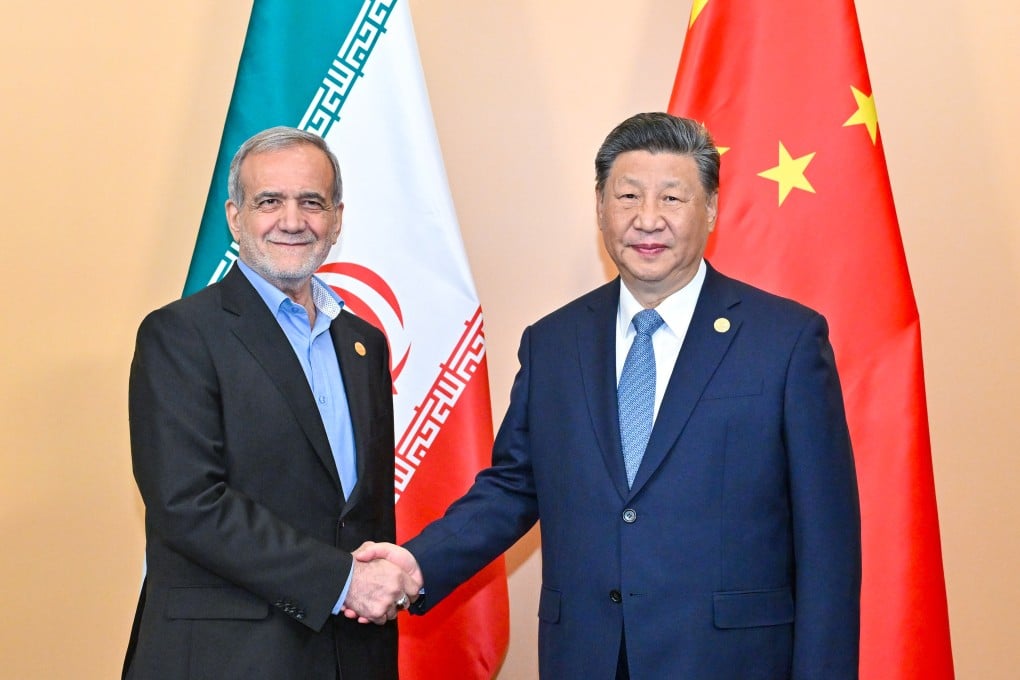China’s diplomatic clout in Mideast at risk as threats build around ally Iran
Trump factor and fall of Assad in Syria will force nations, including China, to reassess ties

For Tehran, which has been under economic and geopolitical pressure from US President Joe Biden’s administration, the deal marked a diplomatic breakthrough and a potential opportunity to end isolation, with Beijing’s help.
But China’s ability to remain a mediator could be at risk amid the growing possibility of confrontation between Tehran and regional powers, which could complicate China’s diplomatic legacy in the region.
Fan Hongda, a professor at the Middle East Studies Institute at Shanghai International Studies University, said the next US administration was almost certain to keep putting strong pressure on Iran.
“Coupled with Israel’s pounding and destruction of Iranian-backed forces such as Hamas and Hezbollah over the past year … [this] will force Iran to opt for closer cooperation with other powers, including China and Russia,” Fan said.
_0.jpg?itok=TpD8sdIo)